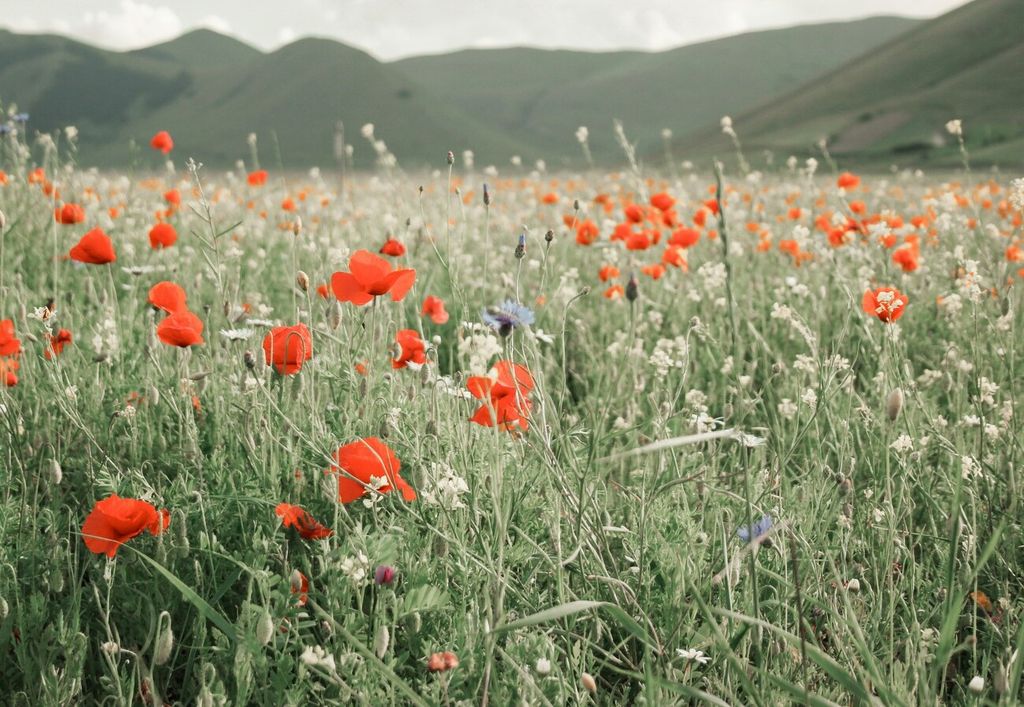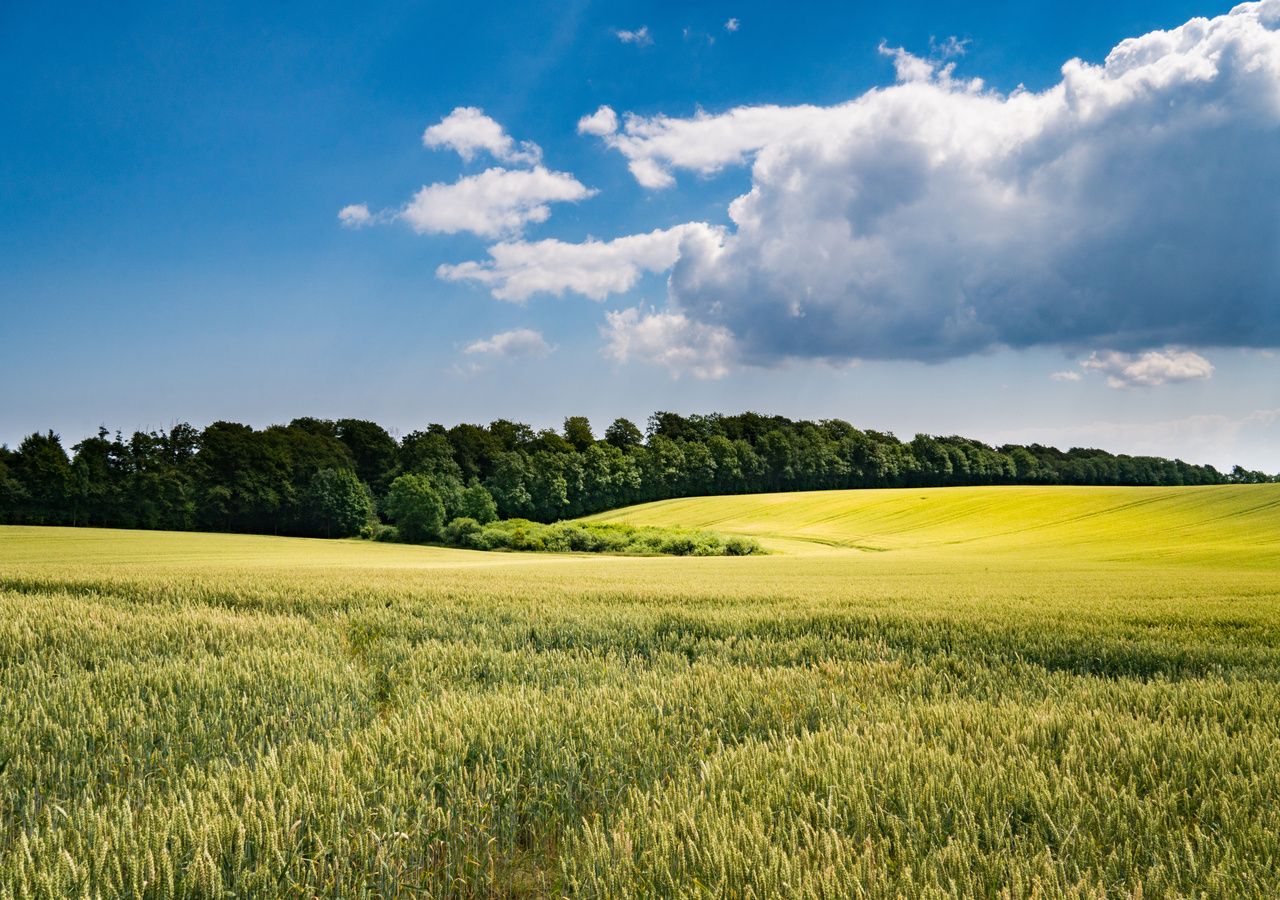A team of scientists from Aarhus University in Denmark has uncovered a mystery in the country's fields and pastures. Challenging traditional environmental theories and opening new horizons On the dynamics of natural ecosystems. Contrary to popular belief, plants exhibit unpredictable behavior in response to competition for resources such as sunlight and soil.
The study, conducted by Professor Christian Frölund Damgaard from the Department of Environmental Sciences at this university, was based on: Detailed analysis of data from 236 meadows and pastures From Denmark. What they discovered defied expectations.
As competition between plants increases, heavier seeds and thinner leaves fail to germinate. As expected according to conventional ecological theories, they distribute lighter seeds and form thicker leaves.
The study left scientists speechless
This discovery left investigators baffled.Because it contradicts well-established expectations about plants' response to competition for resources.
Grazing mammals can have a significant impact on… #environment & #Biodiversity for plant communities.
This seems like a small range #Serengeti But it is actually rich in species #Meadow, pasture, grassland Cattle graze nearby. It's the Danish savannah!
How common were such landscapes in the past? pic.twitter.com/V8tvUkBLl0
— Professor Jeff Ollerton – @[email protected] (@Jeff Ollerton) August 2, 2022
According to previous theories. In highly competitive environments, plants must evolve to maximize their efficiency in capturing resources. Its production will be obtained from the development of heavier seeds and thinner leaves. but, Data collected in Denmark show the opposite pattern.
Several hypotheses have been proposed to explain this phenomenon. It is noteworthy that factors such as climate change, Reduced grazing and changes in soil nitrogen levels It can affect plants' response to competition.

For example, Although the presence of weeds in pastures has decreaseda corresponding increase in the dispersal of heavy-seeded plants was not observed, as expected under conditions of low competition.
Nature is not easy to understand and requires a lot of research
a The inherent complexity of natural ecosystems It has been highlighted as a key factor in understanding this phenomenon. Nature is inherently complex and there may be multiple reasons for unpredictable plant behavior in response to competition.
“There are many things we do not understand about ecosystems. They are incredibly complex. Nature seems to change very slowly and there may be many reasons for this,” concludes Christian Frölund.
Therefore, the need for further research and experiments to fully understand the mechanisms leading to these changes in species composition is highlighted. This study highlights the importance of not taking theoretical predictions in ecology for granted. It also highlights the need to further explore and understand the complexity of natural ecosystems.
This discovery It requires a deeper understanding of ecosystem dynamics and recognition of the ever-changing nature of environmental science.
News reference:
Christian Damgaard, Selection against ruderalis in Danish grasslands over eight years, Environmental informaticsVolume 72, 2022, 101864, ISSN 1574-9541, https://doi.org/10.1016/j.ecoinf.2022.101864.

“Music fanatic. Professional problem solver. Reader. Award-winning tv ninja.”






More Stories
Couple retakes glacier photo after 15 years, surprised by changes: ‘It made me cry’
Two killed in hotel collapse in Germany – DW – 07/08/2024
Lula speaks for half an hour on phone with Biden about Venezuela’s electoral impasse | Politics